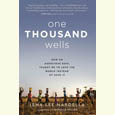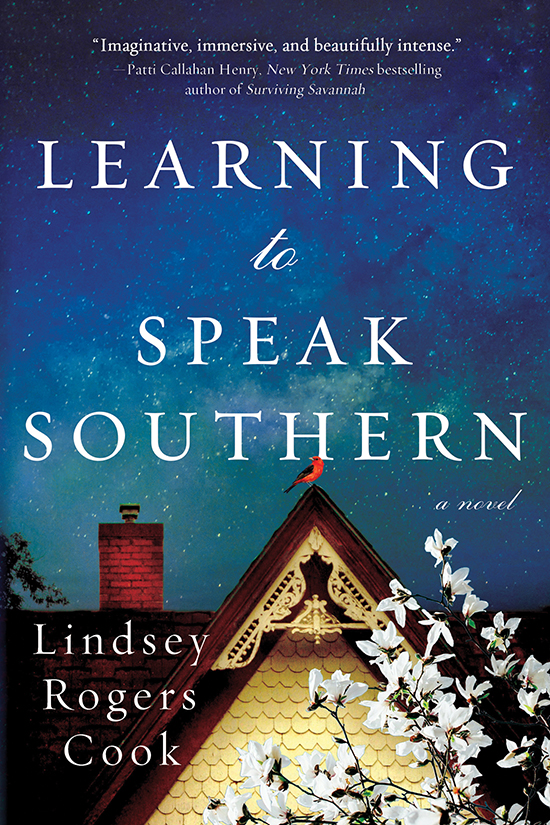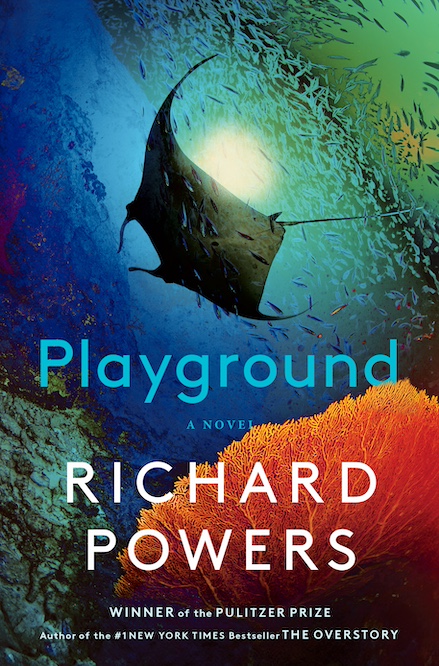A Liberation of Language and Lyric
A Beat Beyond collects a wealth of prose from poet Major Jackson
A Beat Beyond: Selected Prose of Major Jackson is the latest book from the award-winning poet who currently holds the Gertrude Conaway Vanderbilt Chair in the Humanities at Vanderbilt University. Edited by Amor Kohli, a professor of African and Black diaspora studies at Depaul University, A Beat Beyond contains a wealth of notes, essays, reviews, and talks written by Jackson from 1993 to 2020.

While many of the essays have previously appeared in literary journals and anthologies, they read with a freshness in light of their interlacement here with less formal work, including “flash reviews” and liner notes. Kohli creates a rhythm with this placement. For example, we enter what reads like Jackson’s most intimate thoughts concerning poetry in “Convergences and Confluences”: “Seems like poetry was always with me, how difficult it is to pinpoint exactly what convergences and confluences have shaped me into becoming a poet; more a series of vague memories that intensify to one reality.” This short, stream-of-consciousness piece is immediately followed by a longer academic essay, “The Necessity of Language as Freedom,” which features several close readings and literary analyses, though it is anything but dry. Its direct style is a blinking beacon in the suffocating murk that academic writing can sometimes be.
These two essays are included in the first of the collection’s three sections, “On Poetry: My Lyrical Self.” The section takes its title from “My Lyrical Self,” originally delivered as a lecture, which retraces Jackson’s becoming through a sort of literary ontology. Here, the young writer who cannot write will find that page becomes mirror and poetry becomes testimony. Jackson considers his poem “On Disappearing,” where he speaks to, perhaps, the young writer whose words have evaporated: “I have not disappeared. / The boulevard is full of my steps. The sky is / full of my thinking.” The page might be empty, the speaker seems to argue, but the streets bear the imprint of my walking, and I have written my thoughts on tablet of the sky. In “Convergences and Confluences” the young writer is offered a model, possibly for a personal benediction. Jackson writes, “I wish to make a sound that echoes in the end that says Major Jackson. No more. No less.” A pilgrimage to one’s own center of language is the ultimate high lyric.
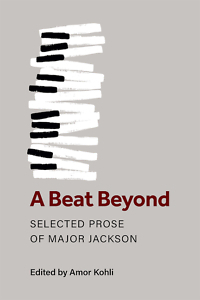 Jackson lists more practical advice in “Poetry and Influence of the Nonliterary Variety.” In helping young poets create a fertile space wherein their poetry can come forth, he asserts that they should: “Read other authors’ work with a pencil and notebook nearby”; “Free associate (or doodle) a memory”; or even “Call one of your parents and attempt to engage them in an argument.” Revealing the heart of a professor, he encourages aspiring poets and writers to open themselves to as much of the world as they can take in.
Jackson lists more practical advice in “Poetry and Influence of the Nonliterary Variety.” In helping young poets create a fertile space wherein their poetry can come forth, he asserts that they should: “Read other authors’ work with a pencil and notebook nearby”; “Free associate (or doodle) a memory”; or even “Call one of your parents and attempt to engage them in an argument.” Revealing the heart of a professor, he encourages aspiring poets and writers to open themselves to as much of the world as they can take in.
In the collection’s closing essay, “Black Poetry: A Beat Beyond,” originally published in the hip-hop magazine The Source, Jackson chronicles the poetry battles, pitting poet against poet like the rap battles of the 1980s, that are happening in places like New York City, Boston, D.C., Philadelphia, Camden, and St. Louis. Although written in 1993, Jackson’s engagement with the dissenting voices is still relevant. Academic poets have long criticized performance poets because they do not seem to revere the traditional elements of the written art — meter, form, and the like. However, performance poets believe that they are part of an oral tradition, which is especially relevant in an increasingly audiovisual society. Today’s lyrical controversy sets the academic poets against those who choose Instagram as their poetic medium. The latter, academic poets argue, have not been trained to “hear,” taking T.S. Eliot, Gwendolyn Brooks, or Countee Cullen as their models. The Instagram poets retort that the academy is elitist and inaccessible. Both in 1993 and in the present, Jackson’s unifying resolve holds: “Whether read in the classroom, performed on a stage, or improvised in the streets, poetry conveys the richness of living in the music of ourselves.”
A Beat Beyond is a collection for the weary writer, for poets who feel themselves becoming invisible, and for any person who desires a liberation of language and lyric. With prose that transcends the bounds of mere musicality, Major Jackson invites us to investigate just how poetry ‘puts in an appearance.’ From the academy, to conversations in the grocery store, to churches, to hip-hop music, poetry is a sound guide that can lead us to the center of language.
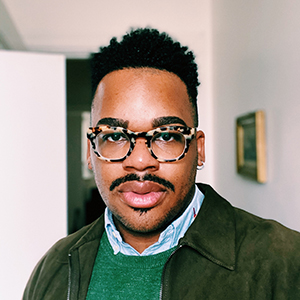
Kashif Andrew Graham is a writer and theological librarian. He enjoys writing poetry on his collection of vintage typewriters. He is currently at work on a novel about an interracial gay couple living in East Tennessee.
